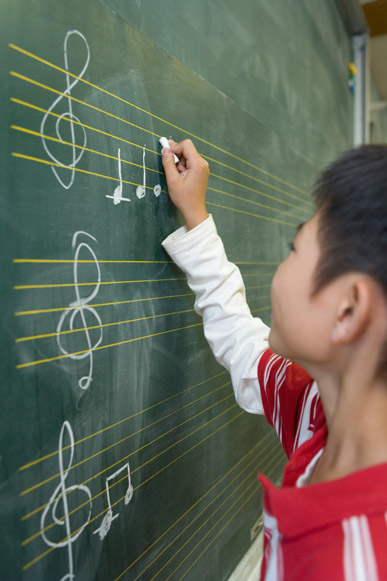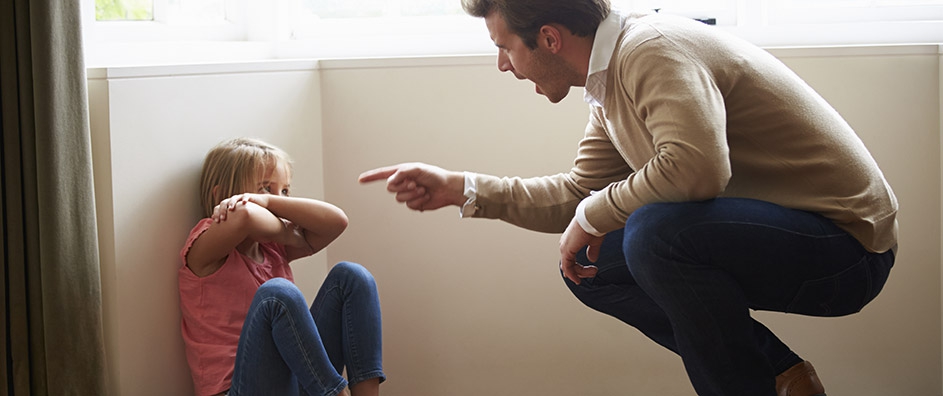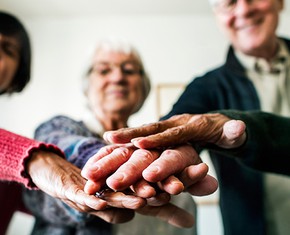The views expressed in our content reflect individual perspectives and do not represent the authoritative views of the Baha'i Faith.
He must never seek to exalt himself above any one, must wash away from the tablet of his heart every trace of pride and vain-glory, must cling unto patience and resignation, observe silence and refrain from idle talk. For the tongue is a smoldering fire, and excess of speech a deadly poison. Material fire consumeth the body, whereas the fire of the tongue devoureth both heart and soul. – Baha’u’llah, Gleanings from the Writings of Baha’u’llah, pp. 264-265.
Try, if you can, to recall a time when someone’s words really injured you.
Sadly, just about everyone can.
Even though we’re told, usually as children, that words can’t really hurt us, we all know that isn’t true. In fact, the lingering pain of verbal violence can stay with us much longer than the mere physical pain of a slap, a kick or a punch. The body heals from most blows pretty quickly, but the mind and the heart and the soul have a much harder time getting over the serious injuries that come out of other people’s mouths. We’re used to thinking of violence as purely physical—but verbal violence injures us, too.
 Here’s one I’ll never forget: as a child I loved music. But my large, poor family couldn’t afford to buy a harmonica, much less the guitar or piano I wanted to learn how to play so badly. So I went without music instruction until the 7th grade, when I had my first opportunity to take a music class. I’ll never know why the teacher decided to start the class, not with singing or playing a simple instrument, but with a much more difficult course of instruction in music notation.
Here’s one I’ll never forget: as a child I loved music. But my large, poor family couldn’t afford to buy a harmonica, much less the guitar or piano I wanted to learn how to play so badly. So I went without music instruction until the 7th grade, when I had my first opportunity to take a music class. I’ll never know why the teacher decided to start the class, not with singing or playing a simple instrument, but with a much more difficult course of instruction in music notation.
I had a hard time learning to read music. It seemed so theoretical and so divorced from the rhythms I heard in my head. Some of the kids from more affluent families, usually the ones with several years of piano or violin lessons behind them, seemed to understand. But the “disadvantaged” group, those of us with no music background at all, really struggled. I tried hard, and truly wanted to learn. Near the end of the many weeks of the course, the teacher, a man who often seemed angry and unhappy, asked me a question in class. I gave what I thought was the right answer, but he exploded, shouting “You idiot, you have no aptitude for music at all!”
When you’re twelve, you tend to internalize what adults and authority figures tell you. I knew I wasn’t an idiot, because I got excellent grades in all my classes—but I subconsciously accepted the music teacher’s abusive assessment of my aptitude, and never pursued it again. Later I could have learned to play an instrument or taken voice lessons or somehow found a teacher who actually taught with some consideration for the feelings of the students, but I never did.
That one harsh, violent, abusive comment killed a part of my soul.
Just about everyone has had a similar experience, when someone insults, abuses or ignores, and the psychological and spiritual wound goes deep. We tend to internalize that kind of emotional abuse. It attacks the self-image, the confidence and the self-worth of the victim—and can have lifelong effects.
In studies of thousands of survivors of physical and sexual abuse, they overwhelmingly say that the emotional abuse they suffered was often more devastating and had longer-term effects than the physical injuries their abusers caused.
Increasingly, educators and mental health professionals and even the courts have begun to recognize the severe damage verbal violence can cause. An entirely new area of jurisprudence has even emerged around that recognition, called verbal abuse law. In domestic violence cases, for example, the courts now see verbal abuse and violence as the typical precursor to physical injuries or even death, and have criminalized the verbally abusive behaviors. More and more, in the workplace, in school settings and in the home, verbal abuse has become illegal, because law enforcement agencies now realize how destructive it can be.
For the Baha’is, this isn’t news. The Baha’i teachings, known for their progressive point of view in areas of human relations, have always expressly condemned and outlawed verbal abuse, backbiting, gossip and reviling others. In fact, Baha’u’llah wrote that the act of backbiting—which includes slander, libel, malicious gossip, calumny and fault-finding—“quencheth the light of the heart, and extinguisheth the life of the soul.”- The Book of Certitude, p. 193.
In another passage, Baha’u’llah wrote, in unusually strong terms:
Breathe not the sins of others so long as thou art thyself a sinner. Shouldst thou transgress this command, accursed wouldst thou be, and to this I bear witness. – The Hidden Words, p. 10.
Baha’i law condemns and forbids serious crimes like murder, arson and theft—and includes backbiting in that category. “A deadly poison,” Baha’u’llah calls the potentially devastating effects of our speech, “a smoldering fire.”
So how do we stop backbiting, gossip and verbal abuse? Most of us have done it, and probably all of us have been the victim of it. How do we curb our tongues, which can have such a hurtful and lasting impact? In the next article in this series, we’ll look at what the Baha’i teachings advise, and explore the spiritual steps we can all take to stop verbal violence.
















Comments
Sign in or create an account
Continue with Googleor